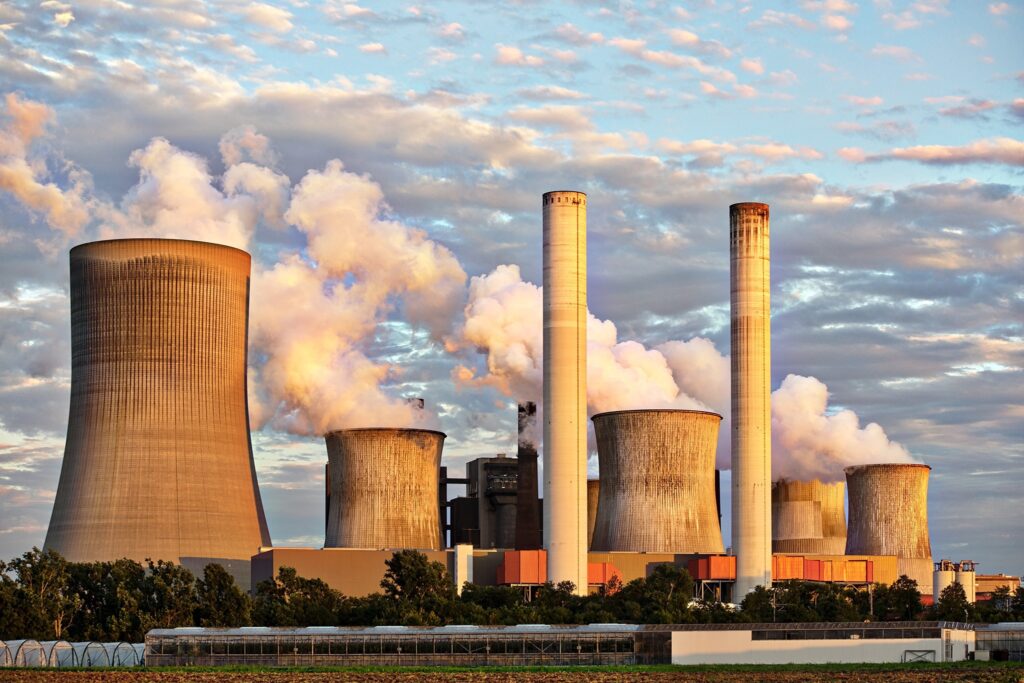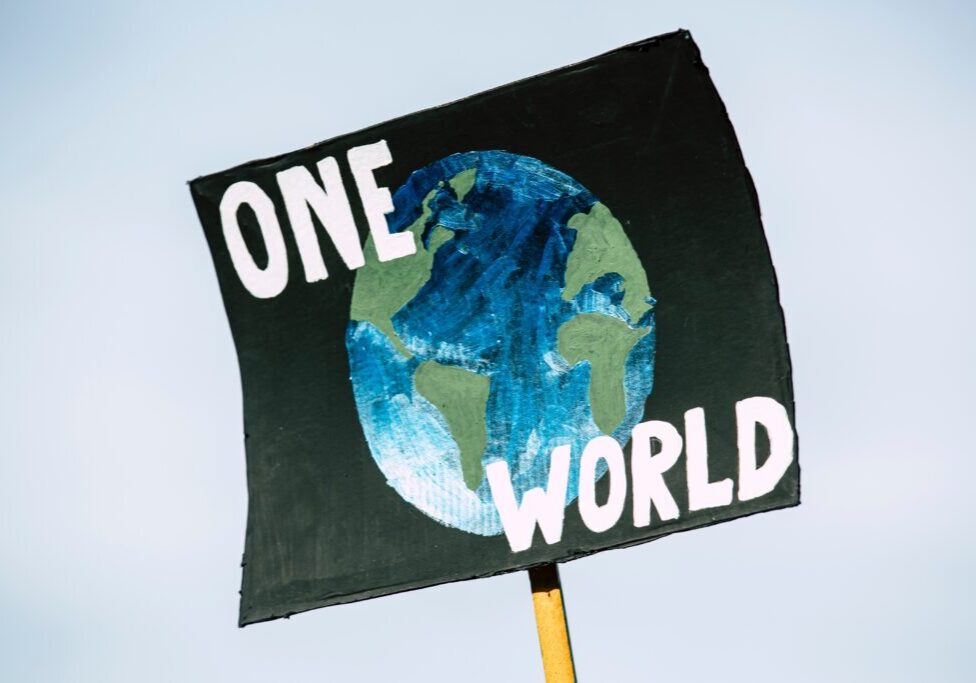The fruits of modern civilization – the towering skyscrapers we inhabit, the cars we drive, the rich and diverse foods we consume – are all reflections of a society that has shifted its backbone from agriculture to manufacturing, from rustic villages to sprawling metropolises. However, the marvel of industrialization is tainted with a deadly irony: the same fossil fuels that have ignited the fires of human progress have also filled our atmosphere with a noxious cocktail of pollutants, casting a shadow over the health and longevity of all living organisms. This is the bitter reality of air pollution, the toxic inheritance of our industrial age.
The World Health Organization estimates that air pollution, both indoor and outdoor, precipitates around 7 million premature deaths annually. Unsurprisingly, the victims of this manmade plague are concentrated in major industrial cities in low- and middle-income countries where the manufacture of goods has been outsourced from the world’s richer nations, and also in low-income countries, where the primitive use of solid fuels for cooking is widespread.
The chief sources of this insidious foe are the fossil fuel-powered monoliths of human activity – power plants, industrial complexes, vehicles, sewage treatment plants, and oil refineries. They belch out carbon monoxide, sulfur dioxide, nitrogen dioxide, and particulate matter that seep into our lungs, infect our bloodstream, and poison our bodies. While indoor pollutants can be reduced by individual behaviors and choices, the reduction of ambient pollutants demands a collective will and global intervention.
In cities teeming with life, vehicles, and industry, the sheer accumulation of air pollutants is staggering. Yet, even the most innocuous of human activities, like burning firewood, contributes to the fog of danger that hangs in the air. As the particulate matter weaves its way into our bodies, the health implications are dire and far-reaching. Respiratory afflictions, cardiovascular conditions, and even neurodegenerative disorders rear their heads, nurtured by the invisible toxicity in our atmosphere. The developing bodies and minds of children are particularly vulnerable to these pollutants, causing cognitive impairments with life-altering implications.
Our awareness of the dangers of air pollution brings with it the responsibility to mitigate its impacts. There is no safe level of air pollution exposure, so the task at hand is to curtail both the production of pollutants and our exposure to them. Personal choices can play a part. However, the real change must come from a shift in public policy and industrial practice.
Delhi, India, a city choked by the smog of its own progress, was the most polluted city in the world in 2022. Such cities serve as stark warnings to the world, illuminating the price of unchecked industrial growth and underscoring the importance of responsive public policies. Initiatives like the Clean Air Act under the Environmental Protection Agency in the US, which sets limits on certain air pollutants, are steps in the right direction.
However, a more fundamental shift is needed. We must reimagine our cities, designing them
to prioritize public and active transport, and planning industrial zones far from residential areas. We must embrace renewable sources of energy, moving away from the toxic dependence on fossil fuels that has brought us to this precipice.
We stand at a crossroads, where one path leads us further into the choking cloud of air pollution, and the other towards a future where clean air is not a luxury, but a given. It is the choice of our generation to determine which path we tread, and the legacy we leave for the generations to come.
Breathe in the Knowledge: Air Pollution and Planetary Health in the MeSAGE Collection
The world of health professions is not limited to the confines of hospitals and clinics. It is deeply entwined with the health of our planet and requires a comprehensive understanding of factors such as air pollution that impact human health on a global scale. As a health professions student or educator, you have a unique opportunity to be part of this broader conversation and solution. The MeSAGE collection on Planetary Health offers the perfect launchpad.
As a pillar of this collection, the Air Pollution brick dissects this complex issue in an accessible manner. It elucidates the various types of pollutants, their sources, the health implications, and, crucially, the potential strategies to combat them. The knowledge you gain from this brick can influence not only your understanding and approach to health but can also inspire you to take action.
For students, this collection can broaden your perspective on health and disease, shedding light on often-overlooked environmental determinants. It arms you with the information you need to advocate for cleaner, healthier environments in your communities and to provide better advice to your patients. This is a powerful asset in your journey towards becoming a well-rounded health professional.
For deans and educators, this collection presents an opportunity to enhance your curriculum and provide students with a comprehensive view of health. Use this resource to discuss how factors such as air pollution can impact patients’ health and the role healthcare providers can play in combating these issues.
But the MeSAGE collection is more than just a resource; it’s a tool. With the Bricks Create authoring platform, you can adapt and localize the bricks to fit your specific teaching needs or the particular environmental health issues facing your region. Highlight the unique challenges your communities face and craft a learning experience that resonates with your students.
Let’s not just treat diseases; let’s work on preventing them. Start by understanding and addressing the underlying factors, such as air pollution, contributing to global health issues. Dive into the Air Pollution brick in the MeSAGE Planetary Health collection today and equip yourself with the knowledge to make a tangible difference in the world. This is more than just learning; it’s about taking informed actions for a healthier planet.


